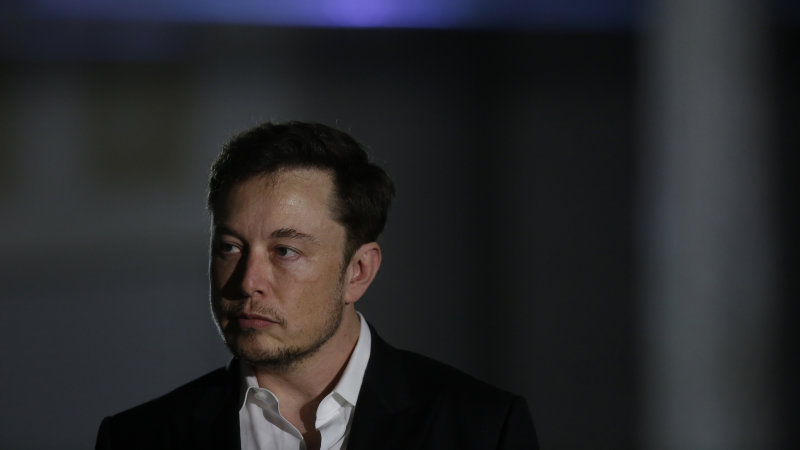The S.E.C. lawsuit against Tesla CEO Elon Musk this week came in fast and furious, almost as if the regulatory watchdog had been instructed to show no mercy in the ‘Musk to take Tesla private’ fiasco last month that ended in the plan being nipped in the bud by Musk himself. It’s not likely that the potential ban on Musk leading a public company will go through, since the S.E.C. itself approached him.
According to the New York Times, which last month carried the now-famous story of the “excruciating” pain that Musk was going through because of Tesla shorts and their narrative:
“The S.E.C. approached the Tesla chief with an offer to settle the case, according to a person familiar with his thinking, but he refused to negotiate, adamant that he had done nothing wrong. A person briefed on the talks said they fell apart Thursday morning, setting the stage for the S.E.C. to vote on the action.”
Musk’s official statement after the lawsuit was made public was equally unapologetic, if not petulant:
“This unjustified action by the S.E.C. leaves me deeply saddened and disappointed. I have always taken action in the best interests of truth, transparency and investors. Integrity is the most important value in my life and the facts will show I never compromised this in any way.”
What Will Happen Now?
Several outcomes are possible at this point, some less probable than others.
The most extreme possibility is Musk being ousted as CEO of Tesla. Highly unlikely because the S.E.C. doesn’t have any precedence for doing so, but a possibility nonetheless.
At the other extreme is Musk being let off with a fine and a warning, but the lawsuit clearly says “securities fraud”, which is treated as a federal crime. Although only insider trading attracts high fines of up to $5 million, fines for other transgressions can be high as well.
The middle ground here could possibly be a fine along with a probationary period that could last several years. If that’s how it turns out, then it effectively gives the Board of Directors a muzzle to put on Musk’s unaudited tweeting. Although the Board fully supports Musk and has made official statements to that effect, it’s undeniable that some of Musk’s Twitter antics have unnerved them. A probationary period would involve the following:
“While on probation, the probationer must regularly meet with a probation monitor and comply with any conditions imposed by the court, such as not committing more crimes, submitting to drug testing, and paying all fines and restitution.”
That’s where we could see this debacle end up. The hard fact is that a Tesla without Musk is no Tesla at all. Despite the superb design, engineering and technical talent at the company, it is Musk’s focused vision for EVs that is really driving the company forward. That cannot happen in his absence, and the S.E.C. is well aware of this.
Even though U.S. President Donald Trump has been known to take a hard angle with entrepreneurs like Jeff Bezos and his company, Amazon, the S.E.C. has yet to permanently ban a high-profile individual like Elon Musk from holding office in a public company.
The worst case scenario is that Musk will have to resign as CEO but will continue to direct the company on the strength of his 20% ownership stake.
More on this as news develops.



